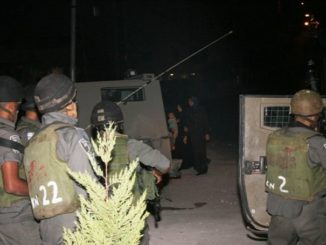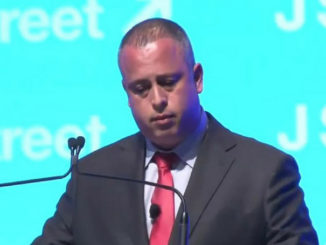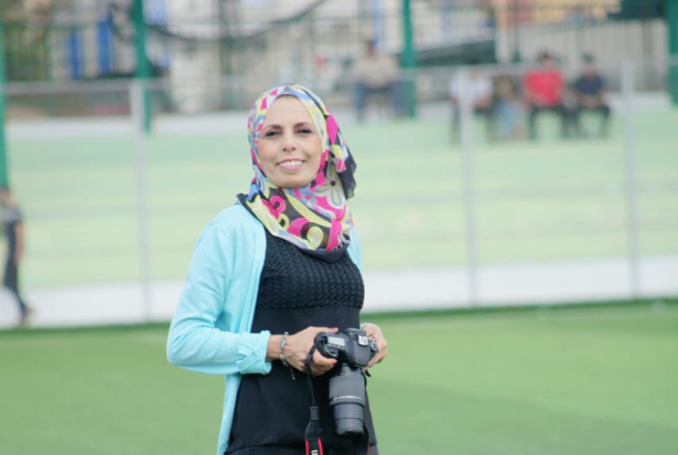
The crippling blockade and bad economic conditions in Gaza made it impossible for most Gazan football fans to attend the 2022 FIFA World Cup, the first ever held in an Arab country.
Even Palestinian journalists had to give up on their dream to report from Doha, Qatar, during the most prestigious football tournament in the world.
No Room for Women
Nilly al-Massari, 30, the first Palestinian woman to enter sports journalism, was raised in a house fond of sports. ”I dreamed of reporting every match at the event. I had waited for this precious opportunity with bated breath since I started working,” the Palestinian journalist declared.
I interviewed her at a local playground, and she told me: “I was on top of the world when I found out the World Cup would be held in Qatar, the first time in an Arab country.”
“I had high expectations until the dream vanished at the drop of a hat,” she added, sadly.
Each country’s journalists were supposed to register individually with the International Federation of Football Associations (FIFA). Indeed, Nilly registered as a Palestinian journalist.
“Unexpectedly, I received no response, neither an acceptance nor a refusal from FIFA, and I felt something was broken in my heart,” she said disappointedly.
“If I could attend a match, I know that my life would have changed. I could expand my personal relationships with other journalists and create new opportunities.”
Many sports fans expressed frustration at the news that Nilly could not represent Palestinian journalists at the World Cup.
“I was astonished by the number of fans who declared their sympathy and told me that I had every right to attend.”
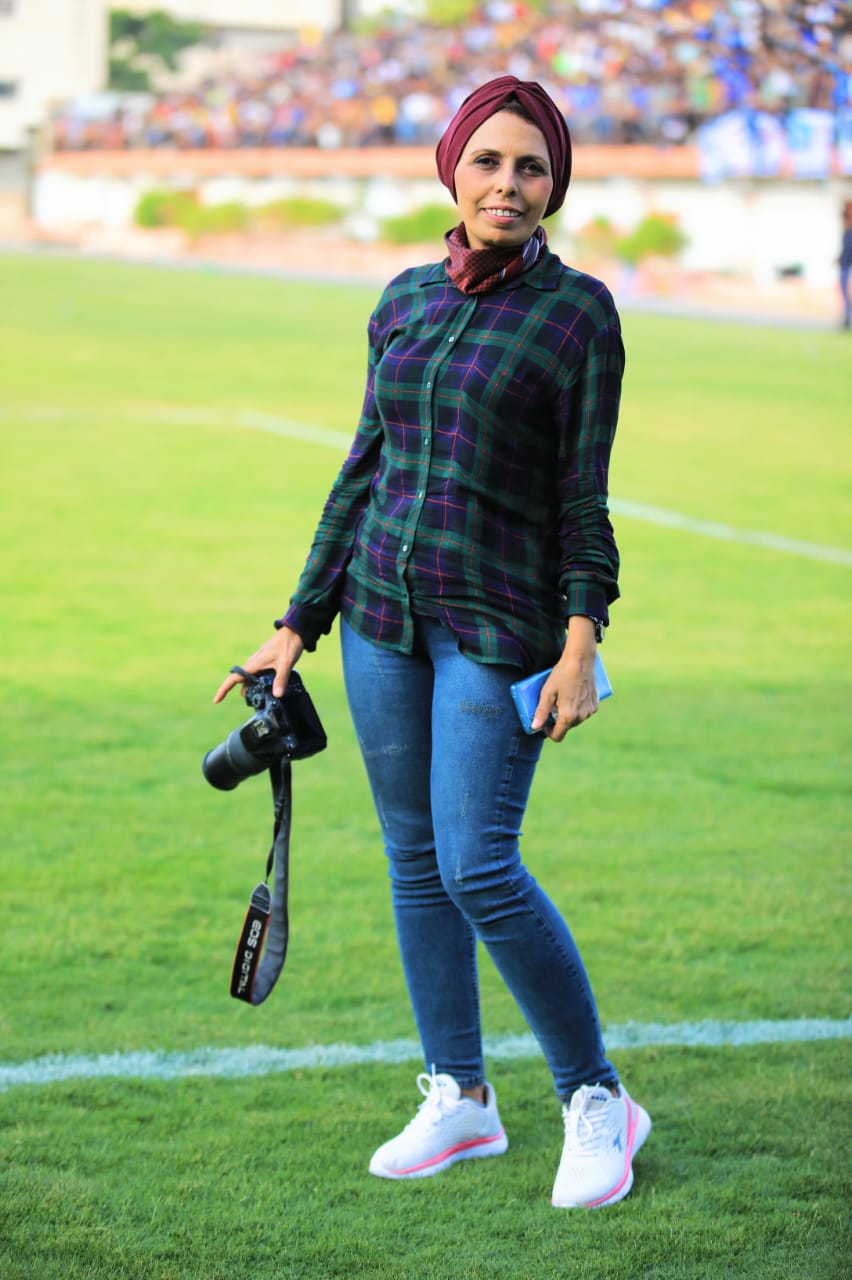
“Nearly 109 men, including players and journalists, were invited to attend the World Cup. I am the oldest and the first female to enter sports journalism in Palestine.”
However, according to Nilly, the difficulties in leaving Gaza were not only related to Israel’s hermetic siege. “There was clear discrimination against women and a violation of our rights by sports officials in Gaza,” she said.
Additionally, the lack of funding for sports media in Gaza, due to the bad economy, does not allow journalists to travel abroad and share their experiences with other colleagues.
“I will do everything in my power to erase the societal stigma of girls practicing sports. This is what I hope to change,” Nilly concluded optimistically.
Amputated Dreams
Most Gazan football fans were also deprived of attending the first Middle East tournament in person.
Muhammed Abu Beid is a 34-year-old footballer. He had his left foot amputated when Israel launched a large-scale assault on Gaza on July 8, 2014. In the war, 11,231 Palestinians were injured, ten percent of whom suffered permanent disability.
“I was sitting in front of my house, chatting with four of my friends when the warplanes bombed us. All of my friends died, I was the only survivor,’’ Abu Beid told The Palestine Chronicle.
“When my left foot was amputated, I felt like my soul went with it. The most precious parts I own as an athlete are my feet.”
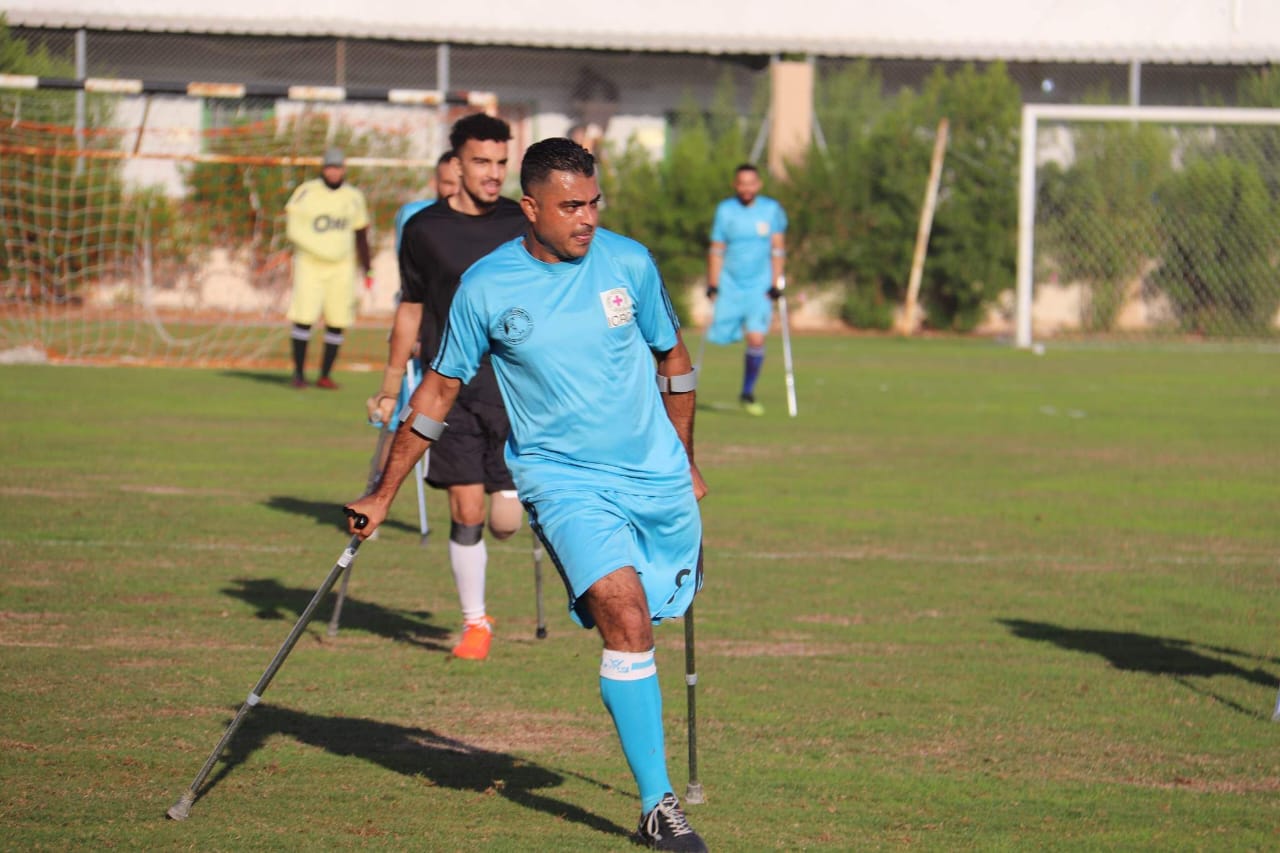
Abu Beid replaced football with basketball for two years before discovering that there were football clubs for people with disabilities.
“When I joined the amputee soccer players club, I felt like life had returned to me. I dreamed of attending the World Cup since it was so unlikely to be held in an Arab country again anytime soon.”
“I imagined it would have an accessible sitting area provided for the disabled. But since I became unemployed after my injury, it was, of course, impossible to afford the trip.”
Muhammed hopes someday to have a prosthetic leg so he can play football with able-bodied players.
Wrong Side of the Border
“I spend most of my time in the stadium. Sports mean everything to me. And sports have taught me a lot,” said Sobhi Mabrouk, a 41-year-old football coach who trains young players at Al-Salah Club, located in the Central Gaza Strip.
“Not only would I have liked to attend the World Cup, but all football fans had a deep desire to be there,” Sobhi said.
“It would have been great to watch the players up close instead of behind screens. But here in Gaza, and for billions of people around the globe, some dreams are simply not possible.
“I worried about getting stuck, due to the movement restrictions imposed on the Rafah border crossing with Egypt,” Sobhi said. “I was afraid of losing my only job as I have a big family.”
For a person from Gaza, attending only one match in Qatar would have cost about $1,400, the equivalent of 140 days of work for an average income of $10 per day.
“I cannot afford to be there. I have other priorities as I provide for a family of seven children,” Sobhi said, adding:
“The suffering wasn’t finished yet. I was forced to watch the match in the club because in Gaza the internet is weak, and the electricity was cut off.”

– Asma Abu Amra is a freelance writer and translator from Gaza. We Are Not Numbers contributed this piece to The Palestine Chronicle.



